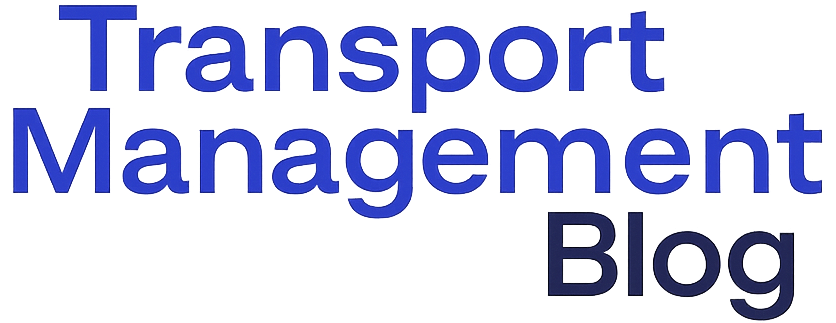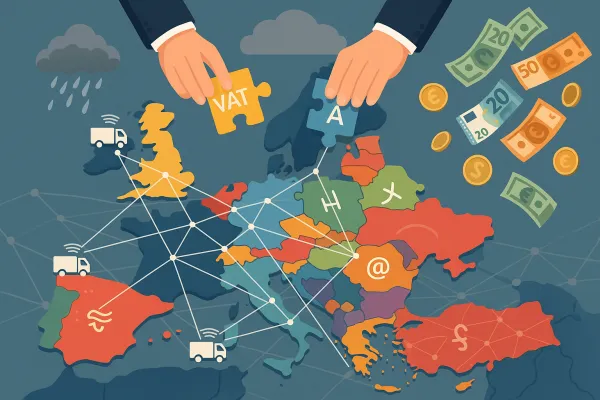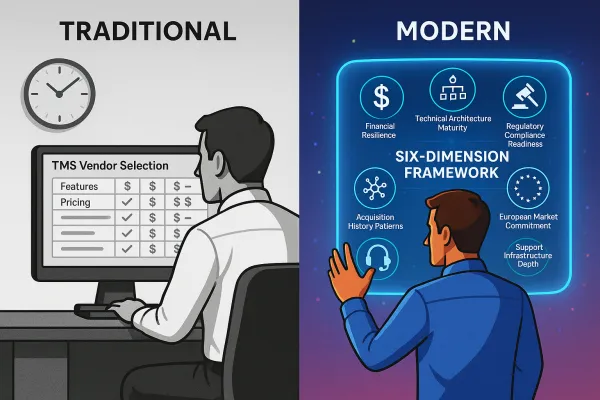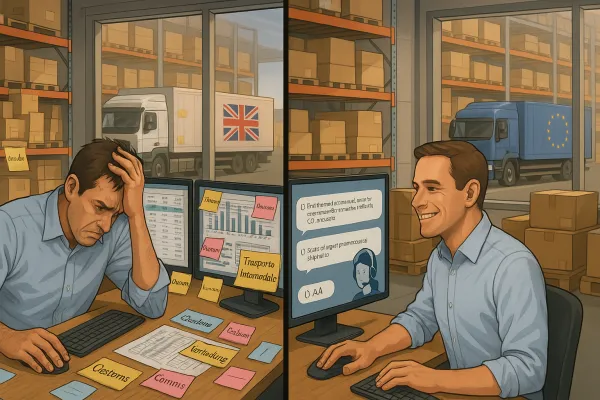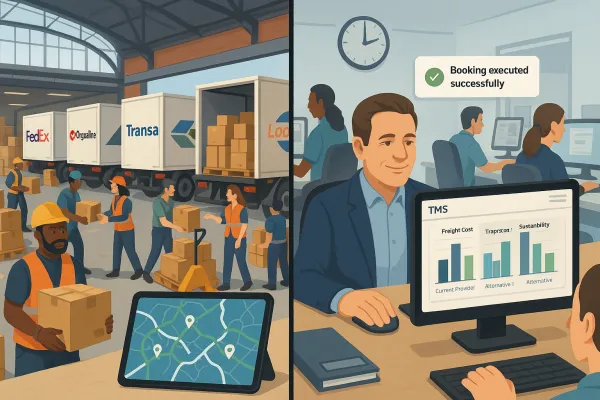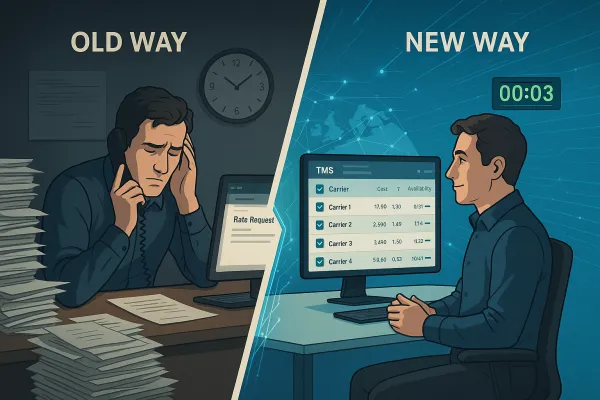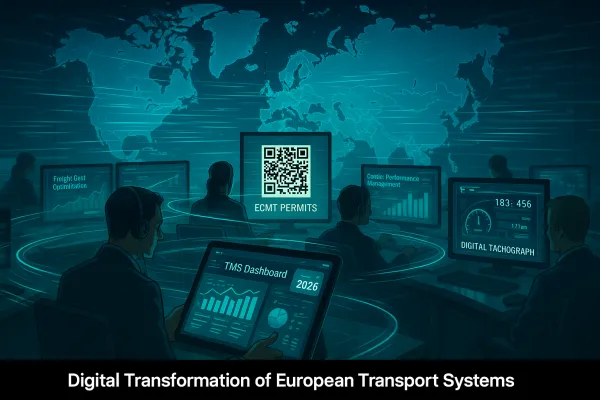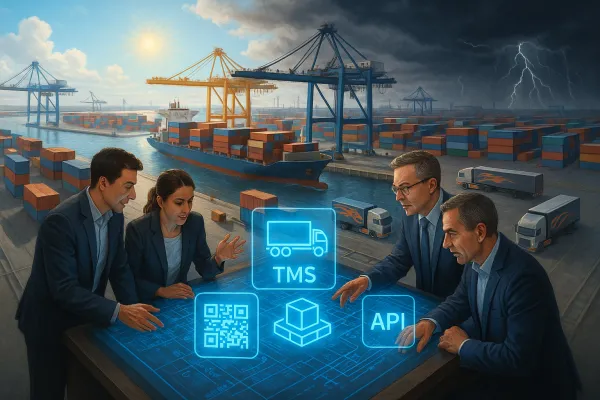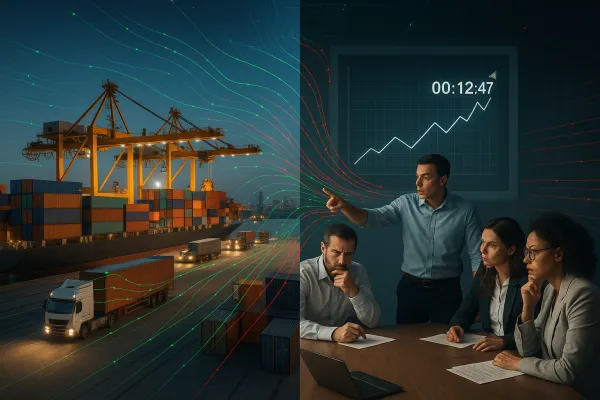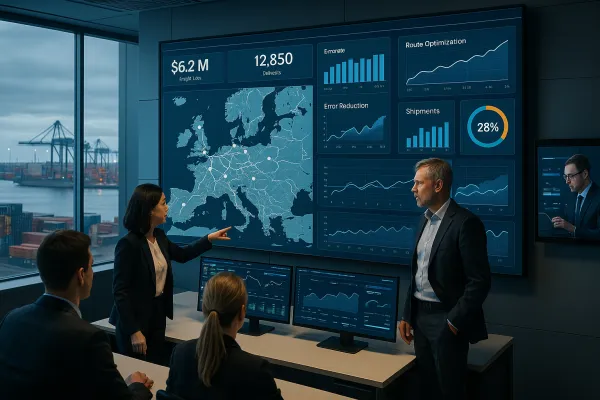
The European Shipper's TMS Automation ROI Framework: How to Build Bulletproof Business Cases That Survive CFO Scrutiny While 76% of Digital Transformation Projects Fail to Meet Targets
The CFO summons you to discuss your TMS automation ROI proposal again. Third time this quarter. You've watched colleagues across the hall get approval for fleet management software while your transport management system request sits in bureaucratic limbo. The numbers look good on paper, but something feels missing.
